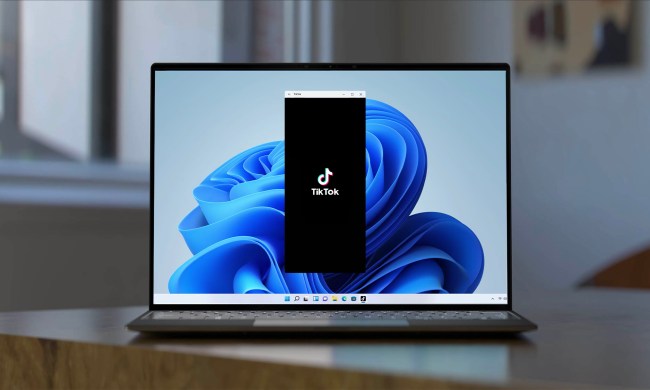
Toward the end of last year, industry reports had struggling Internet portal AOL considering a deal backed by private equity companies to split itself up and wind up merged with or acquiring Yahoo. Industry watchers considered the deal a long shot—especially since it hinged on Yahoo divesting its Asian assets—and apparently AOL now agrees with them: at the Reuters Global Technology Summit in New York, AOL CEO Tim Armstrong indicated the company wishes to remain independent and has no plans to go strike a deal with equity firms that would see the company go into private hands.
The contemplated merger of AOL and Yahoo would potentially have involved a complex series of changes that would have seen Yahoo divesting itself of its lucrative holdings in China’s Alibaba and Yahoo Japan, while at the same time AOL ditched its moribund dial-up Internet access business and merging its stable of content-oriented offerings with Yahoo. AOL apparently hired a team of financial advisors to work on the plan, but it’s not clear whether the idea ever gathered enough steam that it was pitched to Yahoo. And, despite current tensions between Yahoo and Alibaba, Yahoo has repeatedly indicated it has no intention of letting go of its Asian holdings.
Instead, AOL has been working to cast off ill-fated acquisitions (like the social network Bebo) and has focused on developing its locally-focused Patch content offerings, as well as executing deals for high profile content sites like TechCrunch and (most recently) the Huffington Post. Although AOL is trumpeting a turnaround in its display ads business since the Huffington Post acquisition, the company’s profits and subscriptions are still down—and the Huffington Post acquisition shook up AOL’s content staff and resulted in layoffs as the company looked to integrate HuffPo staff.
Dial-up access subscriptions still represent about 40 percent of AOL’s overall revenue, and Armstrong indicated the company has no plans to divest itself of its Internet access business.


